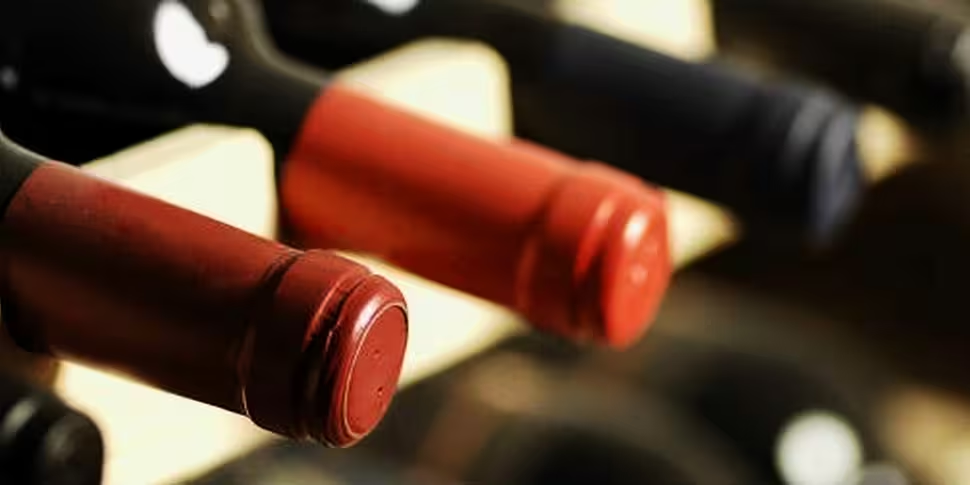Clos D’Estima, Syrah-Ull De LLebre, DO Penendes, Catalonia 2014
Pricing : On sale at €13.95 down from €16.95
Available : from Terroirs of Donnybrook, Morehampton Road, Dublin 4 and nationwide online at terroirs.ie
This wine, the first of two, for the moment Spanish wines, hails from the Penendes mountains, the high peaks sitting around an hours drive behind the city of Barcelona and for many Catalans, an emblematic feature of Ctatalan individuality and identity. The most famous peak, Montserrat, holds an almost mystical place in Catalonian history.
Here wine make Joan Soler has brought together Syrah, or as the Australians would call it, Shiraz and belnded it, almost 50-50 with what he calls, Ull de LLebre.
Placing Syrah and ULL de LLebre in your label is a very pointed, richly dense signifier.
Syrah in this part of North Eastern Spain is associated with just across the border in the Languedoc, but most specifically with Roussillon, the bit of southern France that essentially considers itself to be, Catalan.
To play with Syrah in the Barcelona and Ctalan region is to feel at home with wines from just north of the current border.
Ull de LLebre is also quite telling, it is another name, a Catalan name for Tempranillo, the main wine of Rioja, an as yet wholeheartedly Spanish wine region.
When we talk about terroir, as Joan Soler does in visceral terms, we are talking about the uniqueness of location, the complete differences between products of these soils here in the mountains to the west of Barcelona and the soils of the mountains of Rioja.
Happily, we can also read these wines, on the surface, by tasting them and sidestepping any political elements, if we choose, in which case we find a wine of real power, around 14% alcohol with supple, but evident tannins, leading to a palpably savoury food friendly wine with a white pepper spice on the finish.
Bodegas Faustino, Faustino VII, Tempranillo, Doc Rioja 2014,
Pricing : €13
Available : Widely available from local Off Licences, multiples including Molloys and supermarkets including SuperValu, Tesco and Dunnes Stores
The Bodegas Faustino is perhaps the longest known and best known Spanish wine producer on the Irish market. For decades Faustino meant Rioja and Rioja meant Spain to Irish wine lovers including myself. The frosted bottle, which apes dense dust cover from the cellar and its wire mesh casing was almost as famous as the wine itself.
Perhaps the most perplexing thing, and one that drew me to wine was the fact that there were quite similar bottles, but with very different prices, with even the same picture on the label. The numbers, Faustino I or III or V seemed to be the main difference.
It was only when you examined the labels that you could see that the I was a Gran Reserva, that the V was a Reserva and so on. I am not sure the numbering helps, but it is how they started and they largely adhere to the numbering still.
Wine lovers should really just see these as names and drop down to the small writing underneath if ever in doubt. This wine is a departure from the older heritage of Rioja and is a single varietal wine made from Tempranillo and is a DOC Rioja, a regional wine made in a new wave style, that is fruit forward.
Instead of the older Rioja ideal of silky smooth, brick red, ancient wines only released after 5 years or even longer after the vintage after spending years in barrel and bottle in dark cellars, the newer Rioja wine emphasise plush, ripe, fresh flavours.
The big older Rioja styles are all still there, but these wines are determinedly more modern and meant for earlier drinking. They are robust food wines rather than meditative wines. And, a not unimportant part, they are much, much cheaper as they spend much less time being pampered in cellars.
This is a rather gorgeous, polished and plush wine of direct, fruit, toasty, heady pleasure with a medium bodied mid palate and a bright, lifted, luscious finish with just a hint of spice.









